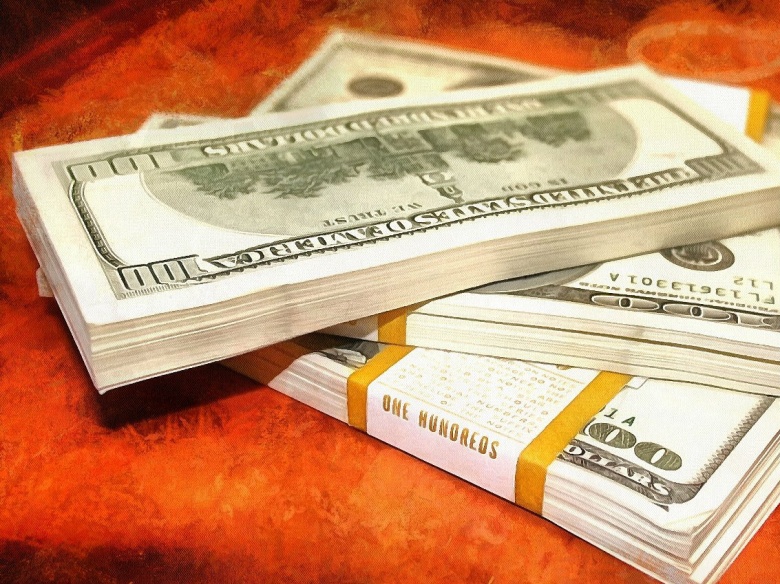- Budget Delay Not Good for Economy, Says Lemo
A former Deputy Governor of the Central Bank of Nigeria, Tunde Lemo, has said the delay in the signing of the 2017 budget into law is not too good for the economy, especially when the country is still in recession.
He said this on Thursday at the D.S. Adegbenro ICT Polytechnic, Itori, Ogun State, while fielding questions from journalists after delivering a lecture.
The maiden lecture was organised by the institution’s School of Management Sciences.
According to him, in countries where the budget cycle runs from the beginning of the year, the Appropriation Bill would have been submitted by September of the preceding year.
He, however, explained that the fact that a budget was delayed did not necessarily mean everything would ground to a halt, as a certain percentage of the budget for the preceding year could still be brought to the new year.
Lemo said, “I think the National Assembly can improve on the efficiency of passage of the budget in the sense that we all know the timetable for budget implementation.
“And in other climes, if you know you are implementing a budget from January, by September of the preceding year that budget should be with the National Assembly. For me, three months should be sufficient for them to go through it so that we hit the ground running from day one in the new year.”
He added, “However, the public must also note that the fact that the budget is delayed does not mean that everything must grind to a halt. There is a policy in government that you can implement every account held up to a percentage of what you did the preceding year, so that you have a situation where everything did not grind to a halt.
“Indeed, if we must race against time and take Nigeria out of recession, by now we should have had a budget running. It is not too good that we are still having this delay for this long period. My advice is that we should plan against next year’s budget; by August or September this year, the 2018 budget should be submitted to the National Assembly, so that by January 2018, we can hit the ground running.”
While pointing out some obstacles militating against the nation’s economic growth, he said the government must cut down on the cost of governance, improve on infrastructure, create a stable macro-economic environment, and evolve an investment-led recovery programme, among others.
Lemo, who spoke on the theme: ‘Economic recovery and growth plan: Obstacles and suggestions of radical solutions’, noted that the current practice where 70 per cent of budgetary allocations were spent on recurrent expenditure and 30 per cent on capital expenditure by the government did not augur well for the growth of the economy.
He also called on the government to work towards reducing the interest rate on loans to a single digit.
Suggesting other radical solutions to the current economic recession, Lemo charged the Federal Inland Revenue Service to evolve a strategy of bringing more Nigerians into the tax net.
While he suggested that tax evaders must be identified, arrested and prosecuted, the chartered banker said when the citizens pay their taxes, government would have money to provide amenities for the people.
On his own part, the Rector of the institution, Dr. Olufemi Fatade, noted that the country’s current economic challenge did not crop up overnight, but was due to overdependence on a single product, crude oil.
The Dean, School of Management Sciences, Dr. Femi Kayode, who said the lecture would be an annual event, said it would serve as a veritable platform to proffer solutions to the nation’s socio- economic challenges.
The event, which witnessed the turning of sod at the site for the School of Management Sciences, was attended by the Olowu of Owu, Oba Adegboyega Dosunmu, among others.

 Forex3 weeks ago
Forex3 weeks ago


 Naira2 weeks ago
Naira2 weeks ago
 Billionaire Watch2 weeks ago
Billionaire Watch2 weeks ago




 Naira2 weeks ago
Naira2 weeks ago




 Naira4 weeks ago
Naira4 weeks ago




 Naira2 weeks ago
Naira2 weeks ago


 Naira1 week ago
Naira1 week ago
 Banking Sector4 weeks ago
Banking Sector4 weeks ago





















